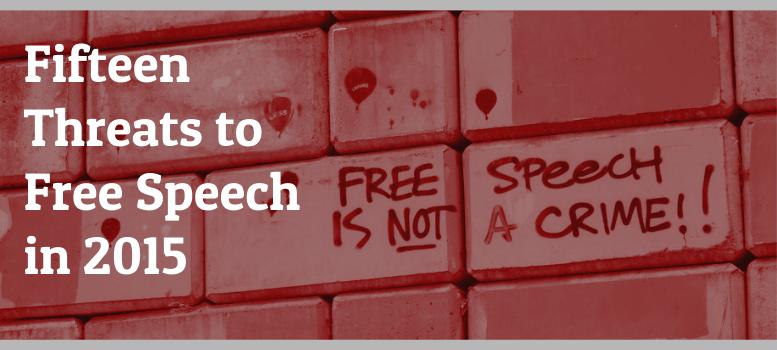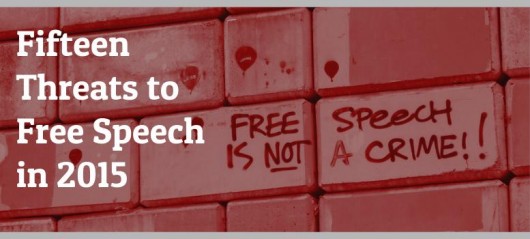
Last month we brought you 15 inspiring stories about individuals and groups opening up dialogue, resisting censorship and speaking out to defend free expression.
And now… the flip side. This list does not represent the most dire threats to free speech and expression, but the range of such threats–from giant internet companies to local school boards– and how those wielding power are successful in their attempts to harass, cajole or shut down speech they find disagreeable.
Liberty Counsel
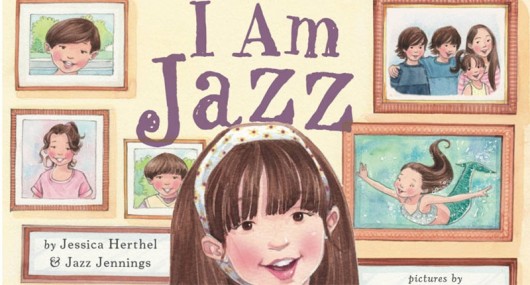
Capitulating to Controversy
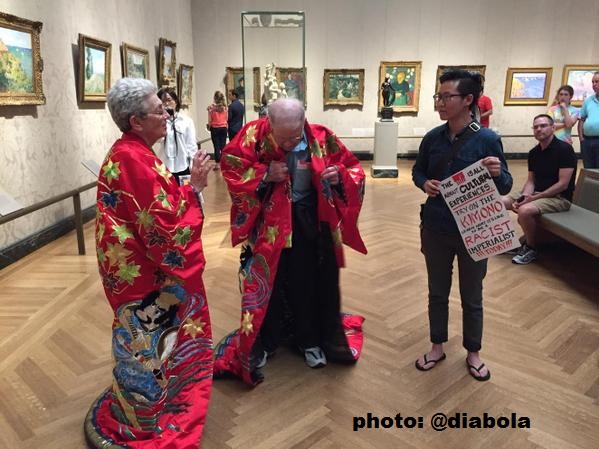
"Free Speech Zones"
One way to keep a lid on free speech is to tell citizens that they have First Amendment rights—sort of. A student at California State Polytechnic University, Pomona was prevented by campus police from handing out animal rights flyers because he hadn't obtained the appropriate "badge" to participate in the school's free speech zone. He filed suit with the help of FIRE (The Foundation for Individual Rights in Education), and in July the school settled. Similar examples, on campus and off, demonstrate that this remains a contested free speech issue.
Punished for Tweeting?
Can a high school student be punished for tweeting something someone might find insensitive? Apparently so. As part of a homework assignment to watch the Republican presidential debates, Revere High School student Caley Godino tweeted something that she thought sounded like candidate Donald Trump. Responding to a teacher's tweet about low voter turnout, she wrote that "only 10 percent of Revere votes for mayor cause the other 90 percent isn't legal." Revere superintendent Dianne Kelley insisted to a local TV newscast that the Massachusetts district supports free speech, but they have a funny way of showing it: Godino was removed from the cheerleading team for the rest of the year.
Teaching–or Avoiding– 'Controversial' Material
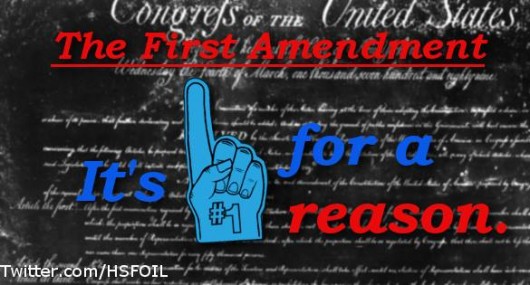 High school officials in Hanover County, Virginia, resisted demands to remove a documentary film from the curriculum. But then the board turned around and came up with a policy on teaching 'sensitive' topics that will only make things worse, requiring teachers to get pre-clearance for "material that raises a reasonable concern relating to its appropriateness." Student activists say the policy changes have emboldened one local political official, who they say is behind a campaign of pressure and intimidation that is affecting classroom instruction.
High school officials in Hanover County, Virginia, resisted demands to remove a documentary film from the curriculum. But then the board turned around and came up with a policy on teaching 'sensitive' topics that will only make things worse, requiring teachers to get pre-clearance for "material that raises a reasonable concern relating to its appropriateness." Student activists say the policy changes have emboldened one local political official, who they say is behind a campaign of pressure and intimidation that is affecting classroom instruction.
US Department of Defense
Activists and journalists have fought for years to find out what it is happening at the Guantanamo Bay prison camp. Apparently the US military will be making it harder for reporters to do their job. Explaining that he needed "to tighten things up a little bit," Gen. John F. Kelly plans to limit reporters to just four "media day" visits. The New York Times reports that journalists "will generally no longer be permitted to go inside the prison camp’s walls," and that Kelly "no longer wanted reporters to talk to lower-level guards."
Facebook's Nudity Nonsense
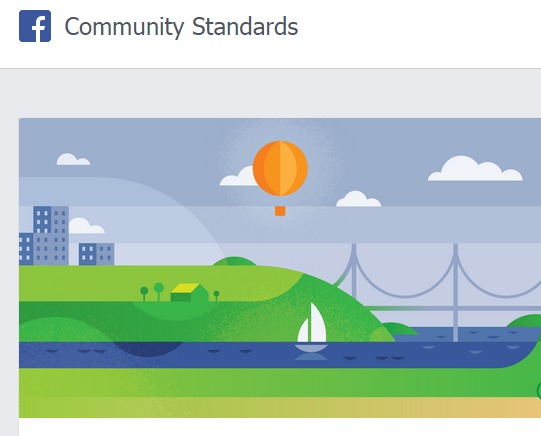
Political Pressure & Climate Science
Climate change denying politicians are free to hold such views. But what about when they use their power to harass the scientists whose work they don't like? That's what Rep. Lamar Smith (R-Tx.) has been doing this year. As chair of the House Committee on Science, Space and Technology, Smith has been focusing his attention on the NOAA researchers who challenge claims about a global warming "pause." He's demanding documents, emails and threatening prosecution if he doesn't get his way. Critics point out that much of what Smith says he wants is publicly available already–which makes this less about scientific integrity and more about intimidation.
An Unbanned Book, Still Banned

Symphony Censorship
Student composer Jonas Tarm's Carnegie Hall debut was canceled in March after the New York Youth Symphony decided that Tarm's work was "unacceptable." Tarm, who was one of the winners of the symphony's prestigious First Music competition, briefly quoted from famous Nazi and Soviet anthems in his original piece, "Marsh u Nebuttya," which he says was intended as a commentary about war and militarism. The case drew international criticism and press attention, but the symphony remained committed to its suppression of his work.
BART Blocks Art
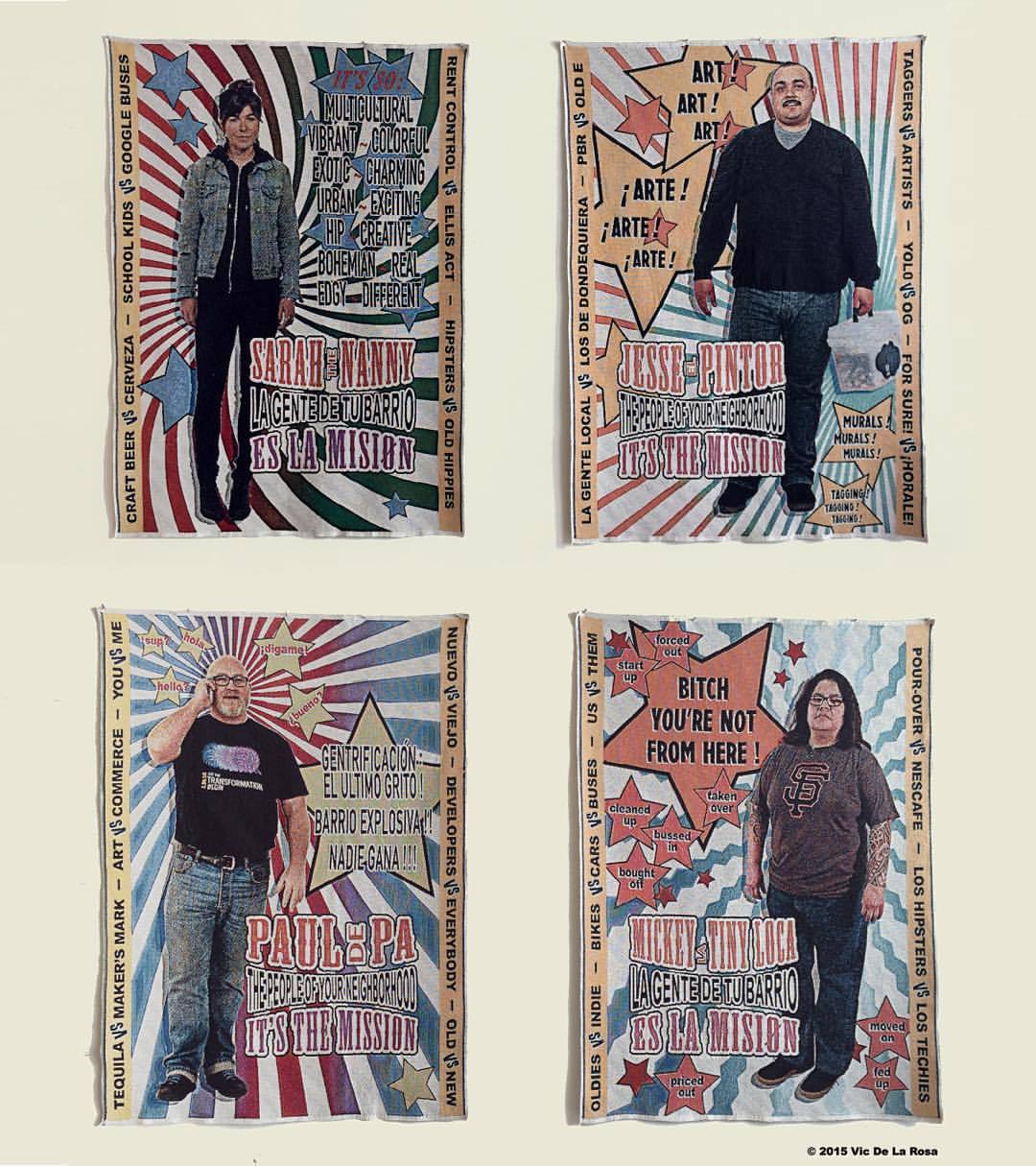
Silencing Selma
Schools across the country were marking Martin Luther King, Jr. Day by encouraging students to attend free screenings of Ava DuVernay's acclaimed film Selma. But the superintendent of Alabama’s DeKalb County Schools, Hugh Taylor, forbade Collinsville High School’s history club from watching the film on a field trip because he objected to the profanity and racial slurs in the movie. Taylor defended the decision by arguing that it is a "multicultural school"–which apparently means denying students a unique educational opportunity.
Censoring Palestine Solidarity?
In March, the Missouri History Museum abruptly canceled a student-led discussion program focused on protest movements in Ferguson, Mexico and Palestine. It was the latter category that appeared to trouble museum officials, who claimed that the inclusion of Palestinian perspectives was not part of the original arrangement. Student organizers countered by saying that it had all been agreed on in weeks in advance, as posters announcing the event at the museum would indicate. The discussion never happened; instead, students held a protest to draw attention to the museum's cancelation.
Islam 'Indoctrination' Hysteria

History Warriors
Responding to a storm of conservative complaints about the supposedly 'anti-American' bias in the Advancement Placement History curriculum framework, lawmakers in several states brought forward bills that sought to ban the AP courses, or demanded that the College Board go back to an older framework. The pressure led the College Board to make some changes; we'll see if that's enough to satisfy the politicians who raised the fuss.


